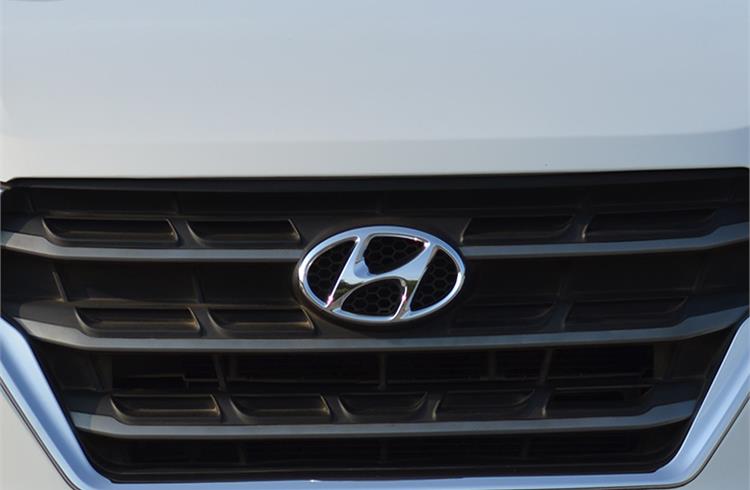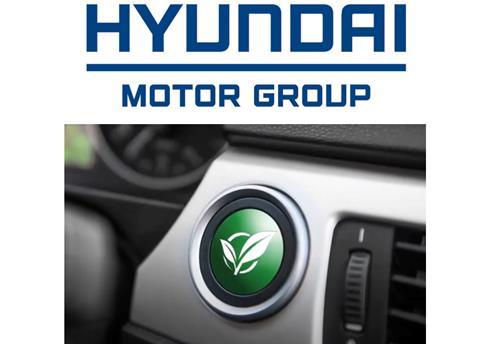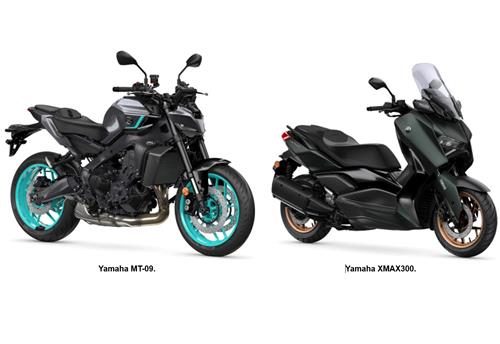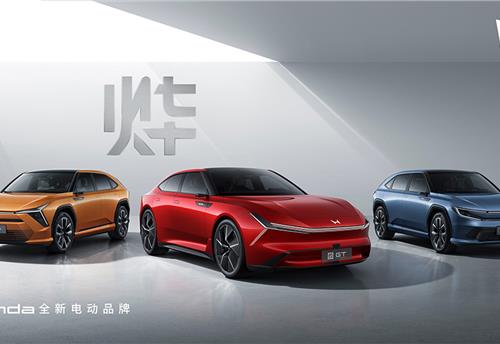Hyundai to invest Rs 285,537 crore in R&D over next 5 years
In an investor meeting in Seoul, Hyundai has announced that it is taking all the measures in leading the paradigm change facing the automotive industry.
Hyundai motor company, in a meeting with investors hosted by its president and chief executive officer Wonhee Lee, announced that it will invest more than 45.3 trillion KRW (Rs 285,537 crore) in research and development (R&D) and future technologies over the next five years. The company also suggested mid to long-term profitability goals at the event, which includes investment in Indian ride-sharing venture Revv.
In the meeting, Hyundai announced that it will achieve a mid to long term operating profit margin of 7 percent and a return on equity (RoE) ratio of 9 percent in the automotive business division. Hyundai’s mid to long-term investment plan will amount to 45.3 trillion KRW, including a 30.6 trillion KRW (Rs 192,879 crore) for R&D and capital expenditure on vehicle manufacturing, as well as a 14.7 trillion KRW (Rs 92,645 crore) in future-growth areas such as autonomous driving technologies, vehicle electrification and mobility services.
From the 14.7 trillion KRW, earmarked for future growth, Hyundai has earmarked 6.4 trillion KRW (Rs 40,335 crore) for smart mobility area, 3.3 trillion KRW (Rs 20,797 crore) for vehicle electrification, 2.5 trillion KRW (Rs 15,758 crore) in autonomous driving and connectivity technologies and 2.5 trillion KRW (Rs 15,753 crore) for the development of artificial intelligence and other advanced R&D activities. The company aspires to become a smart mobility solutions provider and has a vision for delivering clean mobility. Hyundai’s global partners in smart mobility include Southeast Asia’s major ride-hailing enterprise Grab, India’s car-sharing company Revv and a US-based mobility services provider Migo.
Hyundai is developing all types of electrified vehicles, from hybrid and plug-in hybrid to pure electric and fuel-cell electric models. Earlier this year, Hyundai Motor Group announced a plan to introduce 44 electrified models by 2025 with projected annual sales of 1.67 million units. Accelerated by its future investment strategy, the Group aims to spearhead global vehicle electrification and become one of the world’s top three EV manufacturers by 2025. In 2020, the company plans to introduce a new model built on a dedicated EV platform, while improving cost and technical efficiency in manufacturing EVs through wide-ranging innovations, such as battery system applications.
Hyundai also plans to reinforce its leadership in the global hydrogen fuel-cell vehicle market, moving beyond being the first automaker to successfully commercialise FCEVs in 2013. Earlier this year, Hyundai Motor Group introduced a plan to invest approximately 8 trillion KRW (Rs 50,412 crore) in securing a 500,000-unit-a-year FCEV manufacturing capability by 2030. By being the ‘first-mover,’ the company aims to accelerate the global community’s transition toward a hydrogen society.
While continuously upping its technologies in Advanced Driver Assistance System (ADAS) and autonomous driving, Hyundai plans to run an autonomous robot taxi program in Korea by 2021 on a trial basis.
Average annual investments are projected to top 9 trillion KRW (Rs 56,725 crore) over the next five years, a 58 percent increase from the last five year average of 5.7 trillion KRW (Rs 35,926 crore). Out of the 30.6 trillion KRW (Rs 192,888 crore), a 20.3 trillion KRW (Rs 127,961 crore) will be spent on securing competitiveness in new vehicles and products, and a 10.3 trillion KRW (Rs 64,952 crore) will be earmarked for refurbishing outdated facilities and equipment.
A key part of the expenditure will be put into developing a new platform and powertrain, as well as new models embodying Hyundai’s new design philosophy. Investments will also be made for the Hyundai Motor SUV lineup. Following recent launches of the Kona compact SUV and the Palisade flagship mid-size SUV, a new Genesis brand SUV is set to join the range, doubling the number of SUVs from four in 2017 to eight by 2020.
Hyundai will also implement aggressive capital management strategies to grow shareholder returns and optimise capital operation efficiency through profitability improvements. The moves include raising the return-on-equity (ROE) ratio to a stable 9 percent by 2022, compared with 1.9 percent in 2018. As part of the moves to improve ROE, the company plans to boost the core automotive businesses’ operating profit margin to 7 percent by 2022, compared with 2.1 percent in 2018.
Hyundai aims to reach a 4.8 percent share in the US premium vehicle market this year, which comes to 31,000 units as against 1.6 percent in 2018.

RELATED ARTICLES
Hyundai and carbon fibre specialist Toray to develop lightweight, high-strength materials
Partnership aims to secure capabilities to develop lightweight and high-strength materials for environmentally friendly ...
Yamaha wins Red Dot product design awards for MT-09 and XMAX 300
The latest awards mark the 13th year in a row – every year since 2012 – that a Yamaha Motor product has received a Red D...
Honda reveals new Ye series of EVs for China
A second set of Ye EVs will be revealed in the coming months, completing the six-car line-up for China.





 By Autocar Pro News Desk
By Autocar Pro News Desk
 01 Mar 2019
01 Mar 2019
 13631 Views
13631 Views









